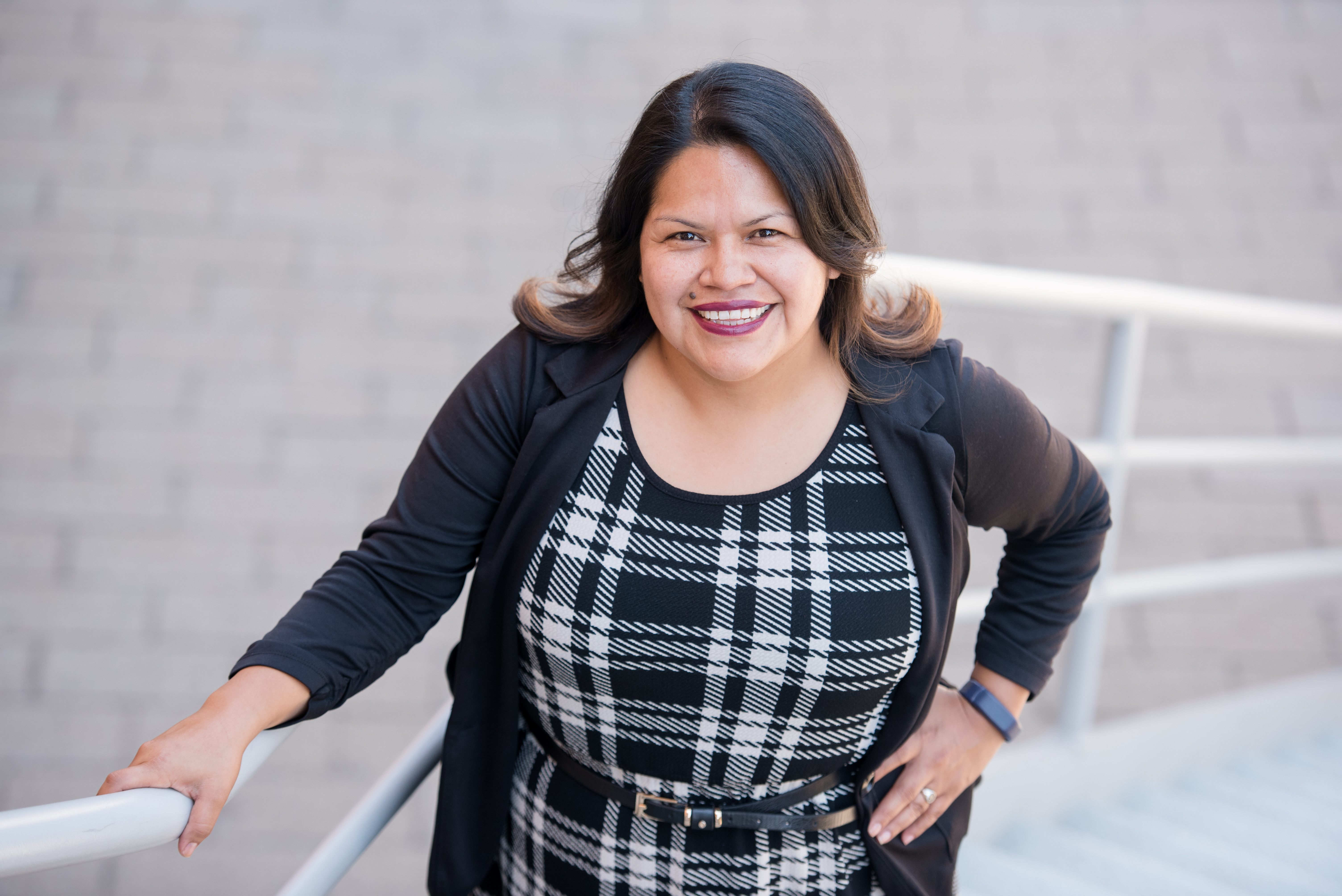
The Loyola Immigrant Justice Clinic (LIJC), in partnership with Jesuit sister university ITESO in Guadalajara, Mexico, created a first-of-its-kind binational advocacy program to offer our law students international opportunities to provide both legal aid to migrants and support legal advocates working on behalf of immigrants' rights on both sides of the border. The cultural immersion program not only offers international hands-on learning opportunities for law students at LMU Loyola Law School, but the annual program offers a unique opportunity for Deferred Action on Childhood Arrivals (DACA) recipients and Mexican-American/Chicano students to discover their cultural roots and reconnect with families in Mexico. Daisy Chávez-Mendez, Community Strategist and DOJ Accredited Representative for the Loyola Immigrant Justice Clinic, served as the primary facilitator of this innovative program.
"Our program aims to provide an educational, cultural immersion opportunity and equitable access to Advance Parole (AP) for DACA recipients. Loyola Immigrant Justice Clinic's annual trip is a unique opportunity for clinic students to represent DACA recipients in their request for Advance Parole (AP). Not all applicants who apply for AP are approved, and there is always a risk of entry denial when returning back to the United States. I've also witnessed many DACA recipients become victims of immigration fraud when seeking support for AP applications. Many pay exorbitant fees believing offers of support and ultimately realize they were exploited," says Daisy Chávez-Mendez.
AP is a special travel document issued by the United States Citizenship and Immigration Services, which grants permission to individuals without permanent residency, and temporary permission to travel abroad and re-enter the country. Loyola Immigrant Justice Clinic students accompanied nine DACA recipients to Guadalajara, represented them in their application for Advance Parole, and successfully legally re-entered the United States. As a result, all nine DACA recipients who are members of the greater Loyola Law School community, may now more easily access a pathway to legal permanent residency.
The program offers DACA recipient a once-in-a-lifetime opportunity to return to their country of birth. For many DACA recipients who traveled on Advance Parole (AP) with LIJC, the trip was an emotional experience and much-anticipated reunion with family members they left behind as teenagers. This trip would be the only time they would be allowed to lawfully leave the country and return to the United States, until they would become eligible for immigration relief or permanent legal citizenship.
The Deferred Action on Childhood Arrivals (DACA) program began in 2012 under then-President Barack Obama to allow immigrants who were brought to the United States illegally as children to stay and gain work authorization if they met certain requirements. Although DACA has been instrumental in preserving families and allowing individuals to pursue education and careers in. the United States, the future of the program hangs in the balance.
In September of 2023, Judge Andrew Hanen, a federal judge in the U.S. Southern District of Texas, issued his second ruling declaring that the DACA program is illegal. While Judge Hanen’s most recent ruling will not impact DACA recipients’ current protections or their ability to continue to renew them, the decision is another cruel and disheartening indication that the courts plan to terminate this vital lifeline for hundreds of thousands of young immigrants and their families.
With the future of the DACA policy in limbo, threatening the protections in place for 600,000 undocumented individuals in the United States, Chávez-Mendez says there is much work to be done to protect the future of this policy. "To start, we must continue to push our local and state representatives to advocate on behalf of DACA recipients and push the federal government toward the creation of an immediate path to permanent citizenship. This would end the decade of uncertainty for the hundreds of thousands of DACAmented individuals and their families," says Chávez-Mendez. "DACA and AP have never been enough. Because DACA is a temporary protection, recipients must renew their protections every two years and the program does not provide a pathway to citizenship. We must advocate for an expedited legal process based on humane treatment and inclusion of immigrants. When we do not stand up to protect basic human rights, we all lose."